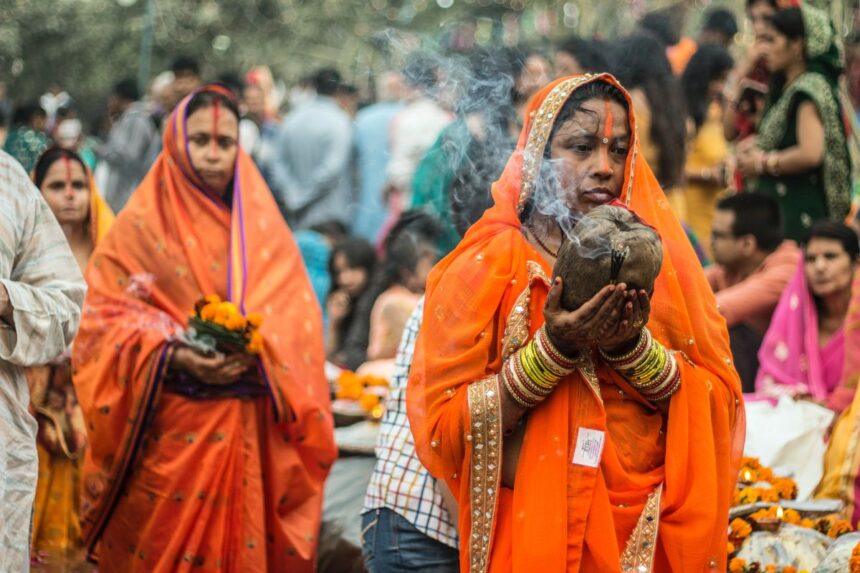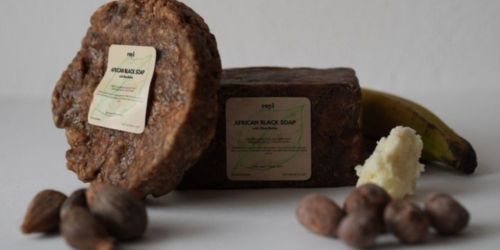“You should know how to cook and do household chores since you will be married”, “You will be married someday, so why do you want to study so much?”, “ Will you marry your cousin(Paternal Aunty’s son)?”, “Will you marry your maternal uncle?”, “We will have to give a lot of dowry for you” are some of the things I started to hear ever since I turned seven years old. There was no stopping from society and nobody ever asked me what I wanted to do growing up. One of the first times a decision was made about my future was when I was born and my father said “We will get her married to her cousin”.
I could never really understand the culture I grew up in and always experienced this heavy influence of patriarchy in every moment of my life. Domestic violence and disrespect towards women was a normal occurrence.
Prajakta Jagtap
A Woman’s Journey from Marital Expectations to Personal Rediscovery
Marriage is supposed to be a promise between two adults who love each other and want to support each other, not just a marriage between two families. In my village, it was defined as a woman’s purpose, use, and end goal. My dislike for marriage and continuous mention of this topic resulted in the birth of a completely different purpose in me, which was to contribute to society!
You would expect what happens next would be truly motivational, that I have finally started a change and a movement against sexual assault and domestic violence. No! I am a human being after all. The story diverts and I grew up as a confused, somewhat strong, highly anxious, self-pitying adult with low self-esteem. My day starts with me getting flashbacks of all the trauma and not having access to good therapy does not help.
My point is, that I always expected myself to have that motivational uplifting life story, and believe me I tried hard, in fact, I am trying my best. There are always times when I think of breaking this cycle. I am also at the same time working on my self-worth which is tied down to marriage and generational trauma.

Education has been a transformative force in challenging patriarchal norms in rural Maharashtra. With pioneers like Savitribai Phule advocating for women’s education, knowledge became a tool for women to question and resist their predefined roles. As more women gained access to education, they became aware of their rights and the larger feminist movements around the world. This consciousness sparked debates, discussions, and movements within Maharashtra, helping to gradually shift societal perceptions and challenge deeply entrenched patriarchal values.
Unraveling Patriarchy’s Grip on Rural Indian Women
Imagine more than a million women like me have a similar situation, yes that’s the reality. I will let you in on something interesting, I am one of the lucky ones who got away or I would like to think so.
It is probably because I was privileged enough to have a very good education and thought-provoking teaching lessons in school. It is because of my mother who did not want me to have the same future as her. But what is strange to me is the way patriarchy functions amongst women too. We would like to think that since it affects women the most, women should be totally against it.
Especially in the case of rural India, due to several years of bringing women down, women themselves have become carriers of this man-favoring type of cultural functioning. That is why you would commonly hear of unusual man-coddling and husband-praying situations because this is that medium. Women tell other women that they should only cook, and clean and that their future is in the service of the man she calls her father, the man she marries, and the man she gives birth to!
I might be wrong or right in many ways but you will agree that marriage is after all the end game of patriarchy.

Colonial rule, with its overarching goal of dominance and control, often manipulated and exacerbated pre-existing social hierarchies to maintain order and facilitate administrative control. In rural Maharashtra, colonial authorities often supported conservative elements that adhered to patriarchal norms, viewing them as stabilizing forces. As a result, customs and practices that subjugated women were sometimes strengthened under colonial patronage, even as the British posed as champions of reform in other areas.



















